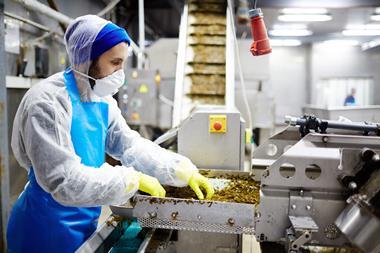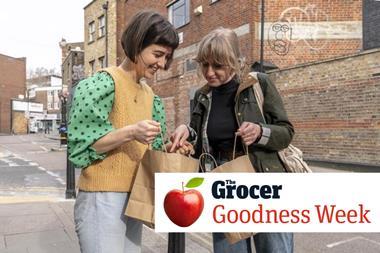
It’s fair to say over the past 19 months consumer sentiment has been volatile. The good news is that the current mood is remarkably optimistic – compared to September 2020, people are feeling more optimistic about their lives, their local area, and being able to afford the essentials in life. This optimism may in part be in response to the sense of relief felt as restrictions have eased. This context of optimism following the turmoil of the past 19 months creates a unique context for brands: whilst consumers are glad to ‘get back to normal’, we have also been seeing people reconsider how they live their life.
Trends are emerging linked to this that have a universality across the population – older, younger, higher income, lower income and across various regions. Mental and physical health, sustainability, addressing the climate crisis, and having a sense of balance and connection with friends, family and local communities are themes that are becoming universally important to consumers.
Yet there are many tensions in this. We are unlikely to witness overnight the creation of a healthy, balanced, fair society turning the tide of environmental damage. These individual aspirations do not always translate into easy behaviour change – but people are ‘saying’ they want to do things differently, even if they struggle to ‘do’.
Traditionally, the ‘say-do’ gap can lead to such statements being dismissed – people say they want to be more sustainable, but then buy something wrapped in plastic because it is cheaper and more convenient. The conclusion to this can be that people don’t truly want to be more sustainable, at least when traded-off against other options. However, this conclusion could leave retailers and marketers blind to the longer-term opportunities that lie in this say-do gap.
When a mass of the population adopts new concepts, terminology and goals, a tipping point has been reached. What were once niche and difficult goals become mainstream and accessible – this is how categories grow. But first people need to begin with saying they want these things. The rise of plant-based options illustrates this. Plant-based milk alternatives used to be niche offerings, aimed at people with allergies. They are now the fastest growing category in ‘dairy’. As people started to seek out alternatives, access to them has also grown.
By asking for these options, even when they weren’t available, people began to create a narrative around demand, which as it is met, in turn, creates growth. Ten years ago, it wasn’t standard to be offered a variety of milk alternatives in a local coffee shop or supermarket. Now it is. The market has adapted to offering what people have said they want.
So, a say-do gap shouldn’t mean what people say is disregarded. Even just saying is important – people didn’t have the language or openly talk about some concepts that are now mainstream in the recent past. Change can take time and be gradual – to the point people cannot tell us how their lives have changed, but we can observe changing sentiments and narratives about what they want to do and be from what they say.
By listening to your audience and understanding where there are contradictions in what they want to achieve, this can become more apparent.
So, in this time of change, get to know your customers as closely as you can – not only what they are doing, but what they say they want to do and struggle to achieve. Pick up on changing narratives relating to what people say, for herein lies future opportunities for growth and innovation.



















No comments yet